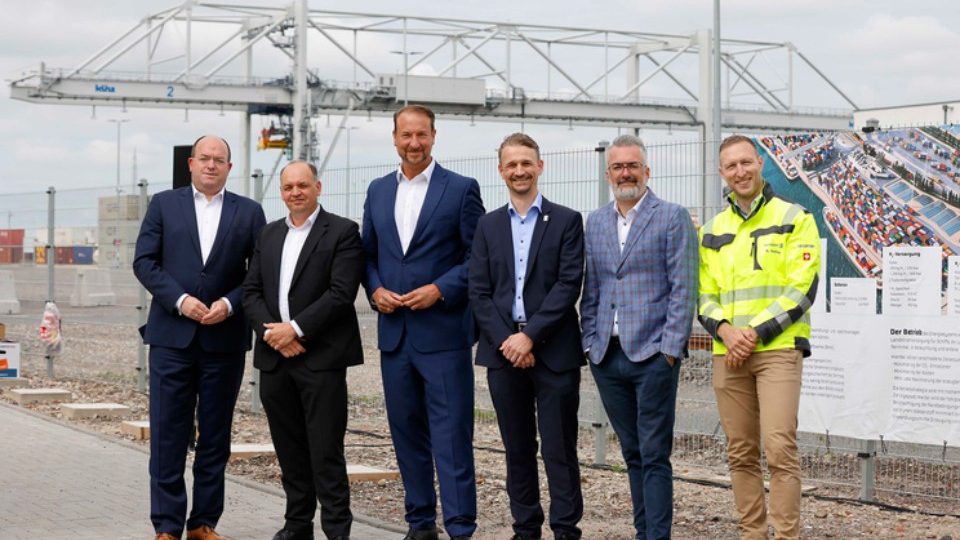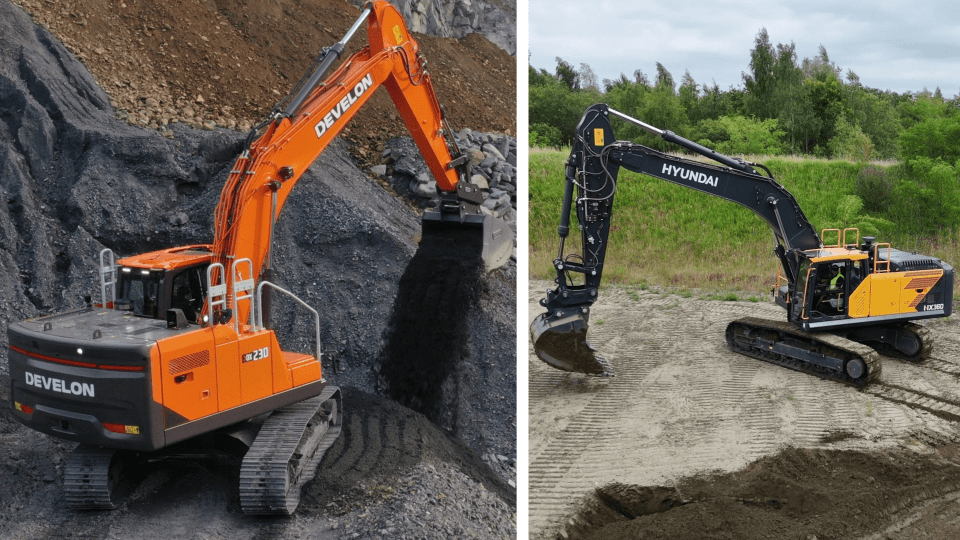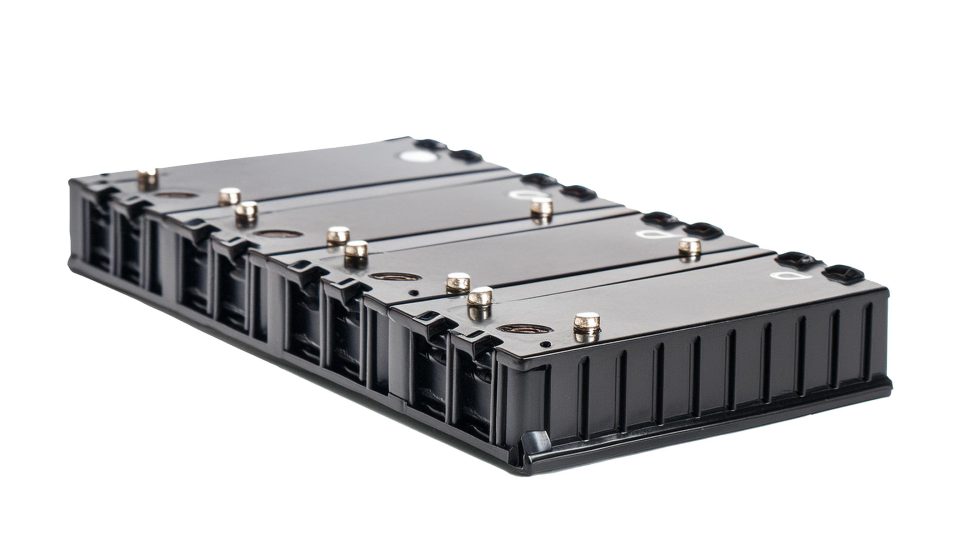Carlo Lambro, from New Holland, gave us a look at the future
Carlo Lambro, President of New Holland Agriculture, expects a 2019 stable worldwide, except for the unknown destiny of Turkey. Sustainability, research and digitalisation at the focus of new projects. Good morning Mr Lambro. At the event presenting New Holland’s novelties for Eima you have dedicated a moving farewell to Sergio Marchionne. What did it mean to […]
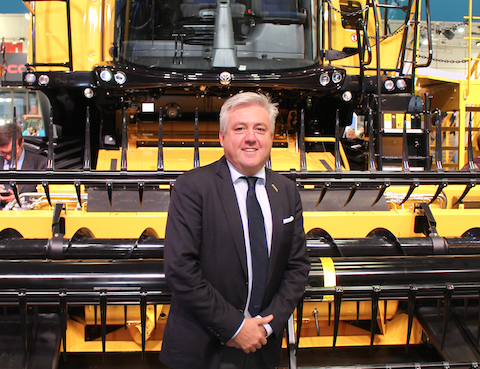
Carlo Lambro, President of New Holland Agriculture, expects a 2019 stable worldwide, except for the unknown destiny of Turkey. Sustainability, research and digitalisation at the focus of new projects.
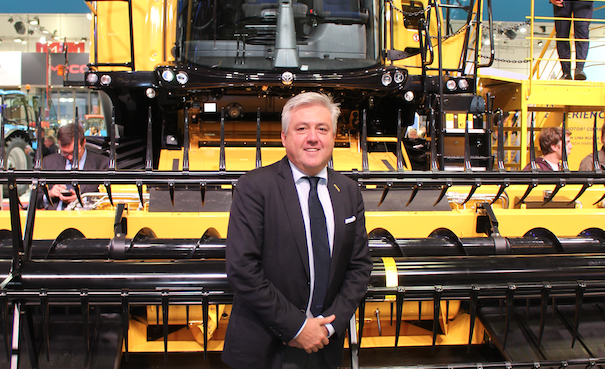
Good morning Mr Lambro. At the event presenting New Holland’s novelties for Eima you have dedicated a moving farewell to Sergio Marchionne. What did it mean to work with him, from a human and professional point of view?
I have worked in the Group for 31 years. I have saw great acquisitions, from Ford to Case IH, working with CEOs like Riccardo Ruggeri and Paolo Monferrino. But the experience with Sergio Marchionne was certainly incomparable and unforgettable. He gave all of us the awareness that no challenge is impossible. The most significant example of its determination and its entrepreneurial momentum was precisely the acquisition of Chrysler that saved Fiat and gave life to the giant FCA. What I carry within me is this constant chase to the challange, accompanied by a great desire to live.
What do you expect from the golbal, European and Italian markets for 2019?
For the next year we expect stable volumes based on the results of 2018, but with a slightly different ‘country mix’. In South America, we expect a strong improvement of conditions in Brazil thanks to renewed political stability, while in Argentina we expect a prolonged crisis and therefore a further decline in registrations. There is a lot of uncertainty in North America because of the protectionistic policies of the Trump administration, but we are still talking about a growing economy. Growth slowed in China instead, also caused by the stop to state subsidies in the agricultural sector. India continues to improve along with the entire Far East area. But the real big unknown factor in the world is Turkey where the devaluation of the Turkish Lira is seriously compromising the domestic market. Obviously the part of the machines we produce in Turkey for export is not affected in terms of volumes, but the remaining portion for the domestic market is practically halved.
As for Europe, we face a gap of 2 or 3 percentage points compared to 2018. We are therefore talking about a range of 4 -5 thousand tractors that do not represent substantial variations. In Italy we must obviously take into account the anomalous result of the last year related to the Mother Regulation. This year’s market has therefore re-aligned with the values of 2016 with a growth in high power and a downsizing of specialized and in 2019 it should not be affected by particular shocks, either positively or negatively.
Unacoma has made very strong statements against the current Government and the Ministry of Agriculture, for neglecting the sector. No review and access to the PSR is increasingly complicated. What is your position about it?
For years we have been setting up strategies and commercial policies at group level, net of government incentives. A possible decline in the internal market is expected to balance it with exports, which now represents 90 percent of the New Holland business. The aspects on which the Government could certainly help the sector without budget disagreements is the best use of European funds through a streamlining of the bureaucracy and the regulation of the machines.
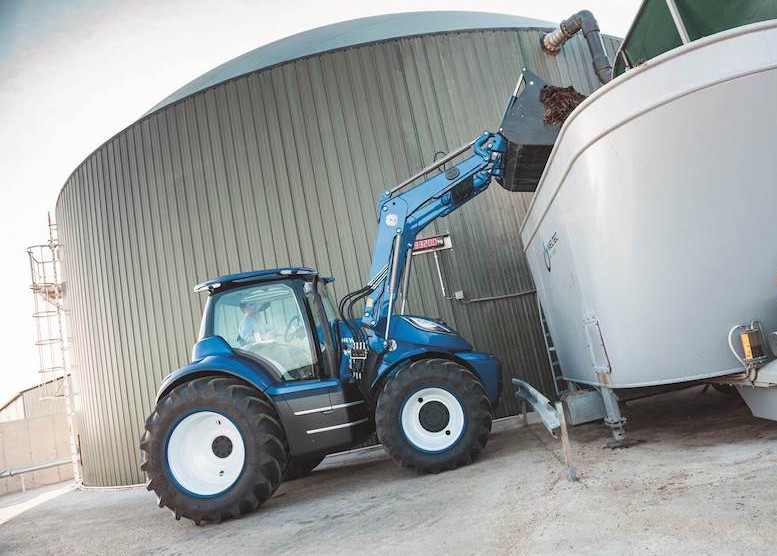
Autonomous, hydrogen, methane or electric tractors. What experiments are you developing?
The NH2 hydrogen tractor project has been temporarily stopped. I say temporarily and not definitively because FPT (the engine branch of the Group) has recently resumed the study of potential applications derived from hydrogen on commercial vehicles and it is possible that any solutions can then be transferred to tractors.
Regarding the electric we are not yet investing in full electric but rather look at the electrification of some functions and hybrid solutions for compact cars. The autonomous tractor is already a reality for us. In 2016 we presented in the United States a fully functional T8 without an operator. The main limitation to this project is of a legislative nature, linked to safety, but we are still carrying out the experimentation by shifting the focus also on compact and specialized tractors. Methane remains today the main target of our engine partner regarding the future reduction of emissions in the industrial and agricultural sectors.
Sustainability has long been your strength in terms of brand awareness, from the concept of ‘independent farm’ to the Expo. Will you continue to work on these aspects?
Sustainability was and remains a priority for New Holland. Respect for the environment and the search for an increasingly ethical production, even at a social level, have always been among the pillars of the group. The ‘Clean Energy Leader’ strategy launched by the brand in 2006 aims to reduce the dependence of farmer from fossil fuels and to encourage the cultivation of bioenergy. It is no coincidence that Cnh Industrial has returned for the eighth consecutive time in the appropriate Down Jones index, and is the only one among the manufacturers of agricultural machinery.
Digital farming and agriculture 4.0. You have collaborations with Microsoft and with the Canadian Farmers Edge. Is the future really in big data? Do you have acquisitions of companies that work in data processing in mind?
The future is certainly in big data and therefore in the processing of data coming from the machines to guarantee the best performances and the correct use of agronomic inputs. So we will certainly continue to invest in this field. The internal development of these technologies is however so complex and specialized that to optimize the ‘time to the market’ we are oriented towards collaborations rather than joint ventures or acquisitions, what we call inorganic growth.
NEW HOLLAND AND THE FIAT CENTENARY LIMITED EDITION
For New Holland, an important Eima with Centenary editions and the new T5 Auto Command. What feedback do you expect from the market?
When we thought about the Centenary series with terracotta color, the only doubt was: will it be asked by too many? We know that the image and color of Fiat Trattori not only in Italy but throughout the Mediterranean basin is very strong. In many customers it has actually awakened a remarkable sense of belonging which translates into the desire to buy the machine in the old colors.
Six ranges will be available in the Centenary version, all suitable for Mediterranean agriculture, from crawlers, to specialized, to utilities. But we stop at a hundred machines for each model also to preserve the exclusivity of the event. The blue will still remain the official New Holland color.
The T5 Auto Command is quite clearly different from the current T5. First of all, it goes back to the 4.5-liter 4-cylinder Nef engine, the Horizon cab is also derived from the upper T6 range, therefore bigger and more comfortable and then there is obviously the CVT gearbox. The drive to invest in this project was dictated by an increasingly accentuated segmentation in the so-called utility segment where the gap between the standard and economic machine and the premium machine is moving more and more towards the most technological and accessorised equipment. Our offer was therefore missing the flagship product and we are therefore sure to have hit the target with the T5 AutoCommand, a beautiful, compact, well maneuverable machine, offered in the Blu Power version just to emphasize the premium connotation.
For the completion of the full line New Holland practically lacks only the sector of spraying machines. Do you have any company in mind?
As repeatedly stated, the strategy remains to monitor the sector by exploiting the possibility of growth or expansion of ranges through acquisitions.






